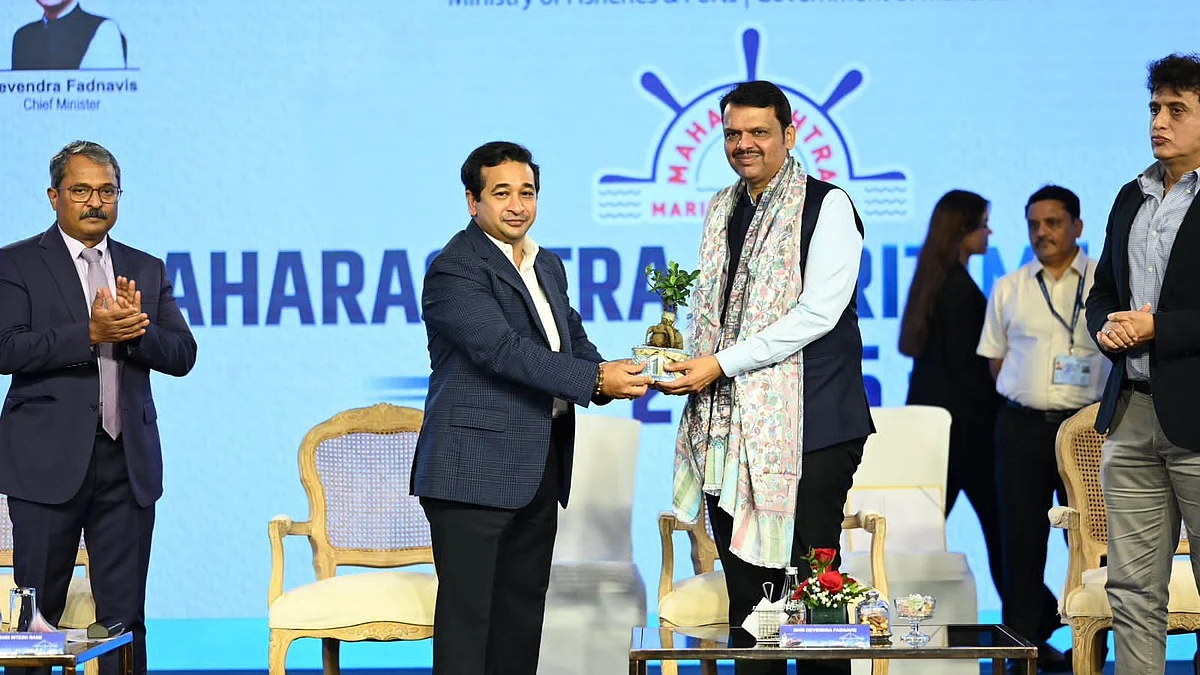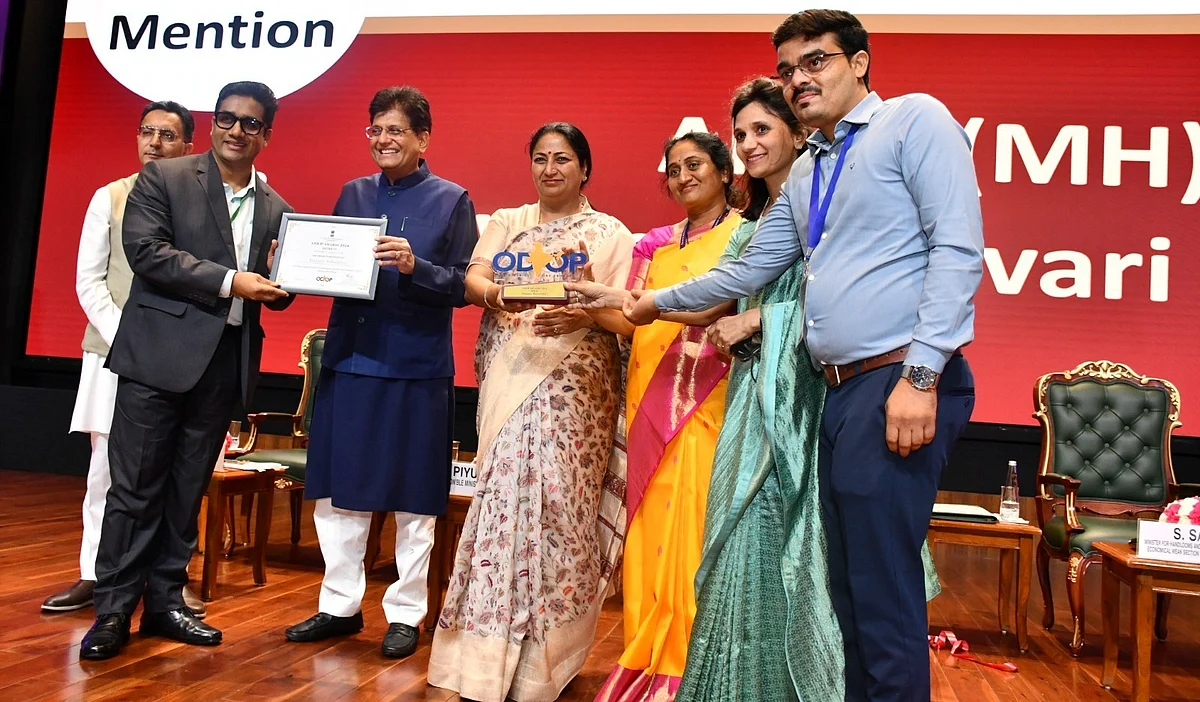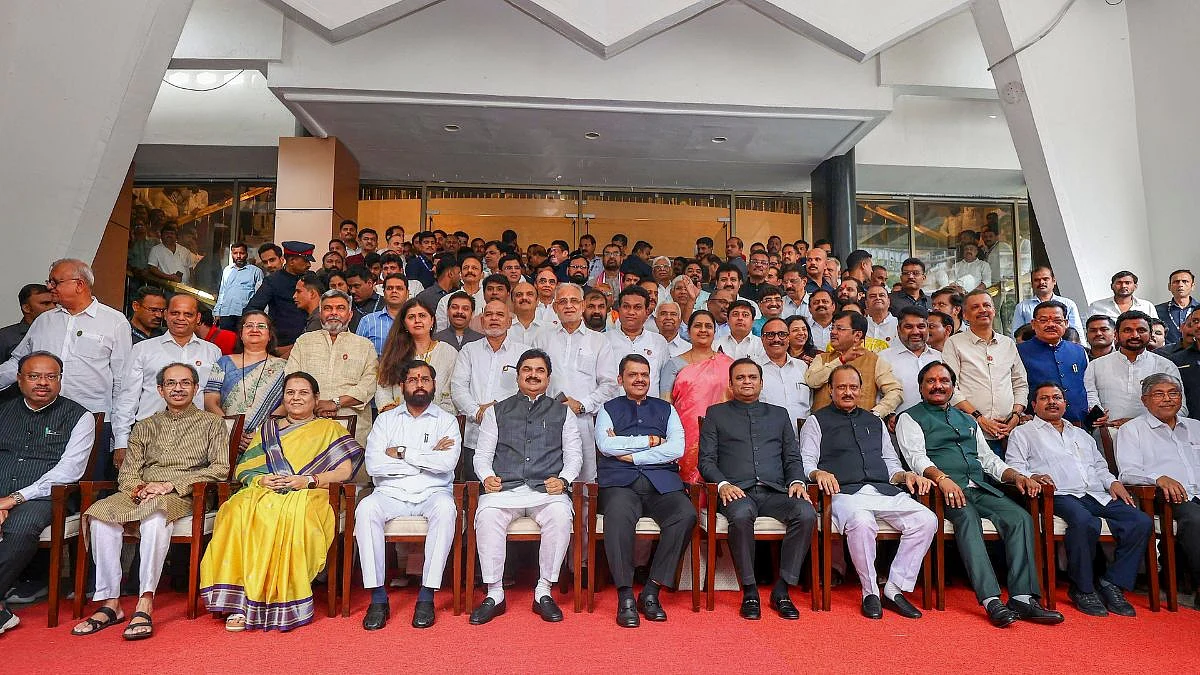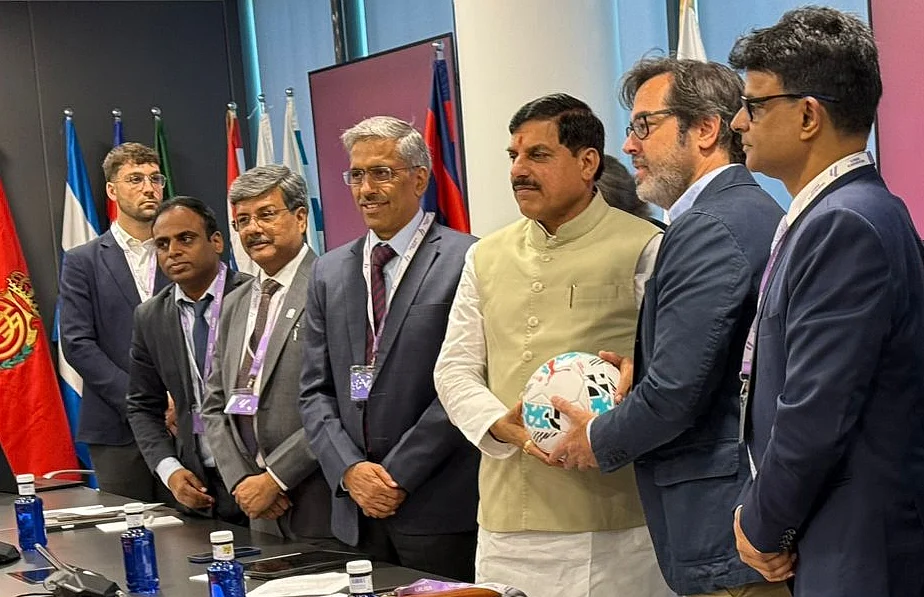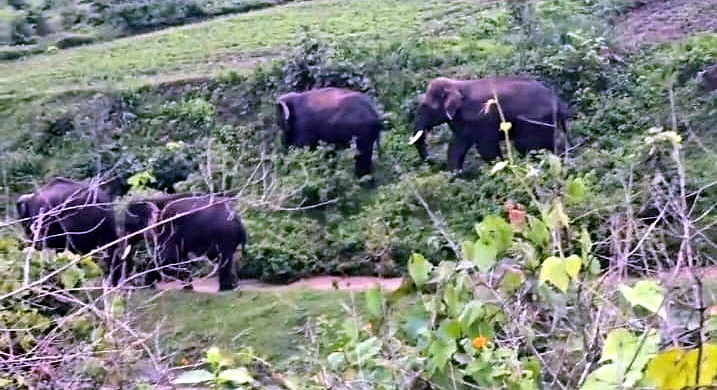Bhopal (Madhya Pradesh): In the future, cheetah management will encompass the entire cheetah landscape, which includes parts of Rajasthan and Uttar Pradesh, alongside Madhya Pradesh's Kuno National Park. Effective coordination between the three states is essential to making the Cheetah Project a success in India.
To address the challenges ahead in Cheetah Landscape, the officers of all three states discussed methods of cheetah protection during the two-day meet that concluded in Kuno National Park on Monday. Officials emphasized the importance of the cheetah landscape, as the big cats are expected to roam more freely in open areas with a growing population.
There is an urgent need to develop the landscape as habitat for Cheetahs, they stated. When Cheetah will be released into open, they will move in 27 forest divisions spread in MP, UP and Rajasthan. At that time, they will need better care, they said. Kuno Cheetah Landscape spans across 12 forest divisions of Madhya Pradesh, 13 divisions of Rajasthan and two of Uttar Pradesh.
The officials also highlighted the importance of establishing rescue teams as when the cheetahs begin to traverse the landscape, these teams will be able to act swiftly when need arises. To track the movement of cheetahs, tracking vehicles, veterinary support and other resources would be required, they added.
The officials stressed the need of providing training to forest officers to be deployed at cheetah landscape in handling the issues related to Cheetah project. They need to be skilled enough to make people aware about cheetah behavior to prevent any panic on sighting cheetah in their vicinity.

The participants also emphasized on effective exchange of communication between the officials of all three states as it would prove vital in handling cheetah project issues.
The Kuno officials also shared with others the works they carried out under Cheetah project and the care the big cat requires State’s Principal Chief Conservator of Forest Wild Life VN Ambade, Rajasthan’s PCCF (Wild Life) Pawan Upadhyay, Ranthambore Tiger Reserve’s Deputy Director, Member Secretary of National Tiger Conservation Authority (NTCA) GS Bhardwaj, Senior Scientist of Wildlife Institute of India (WII) Kamar Qureshi and others were present.
The District forest officers of Uttar Pradesh’s Jhansi and Firozabad also attended the meeting.


